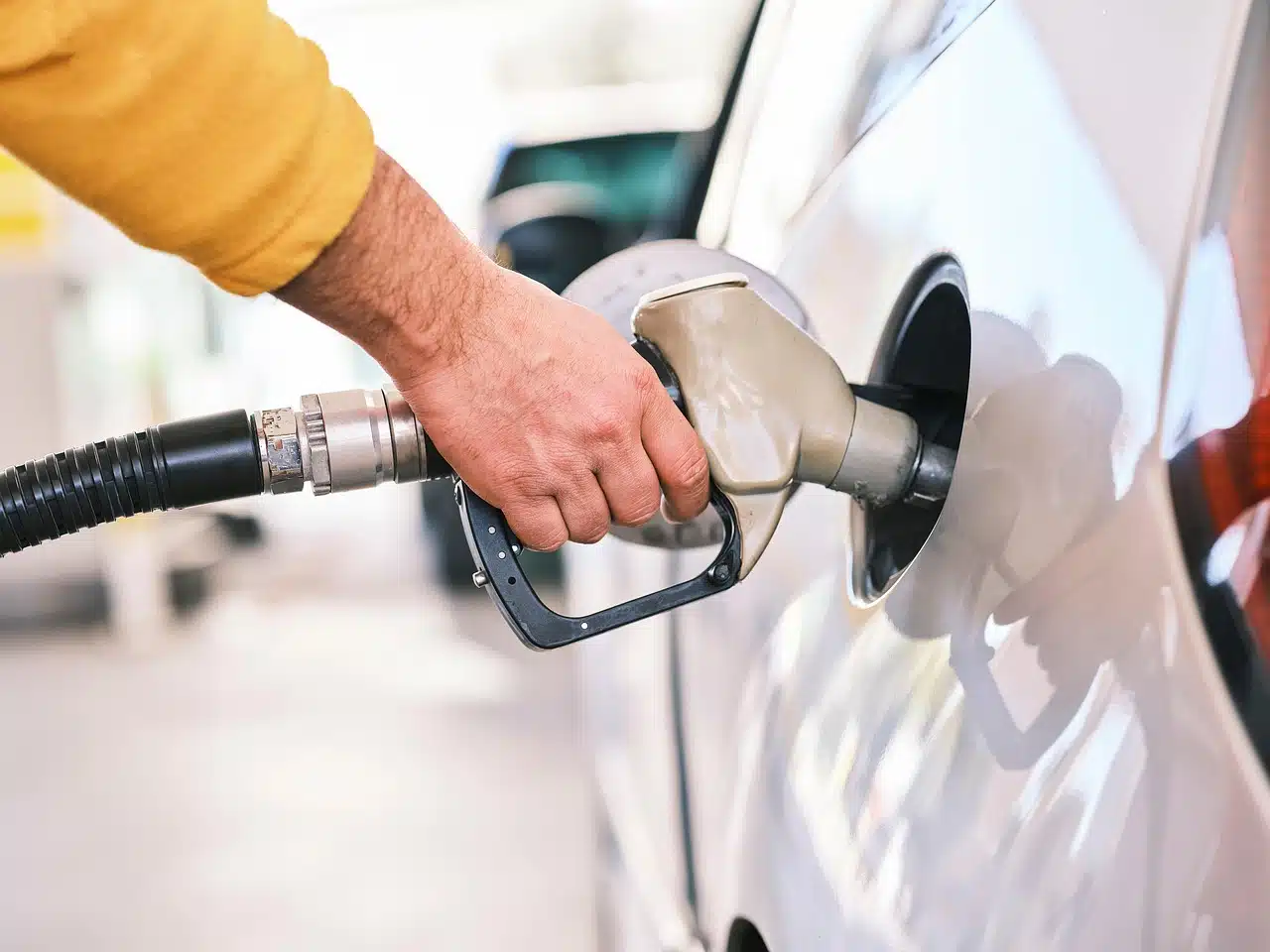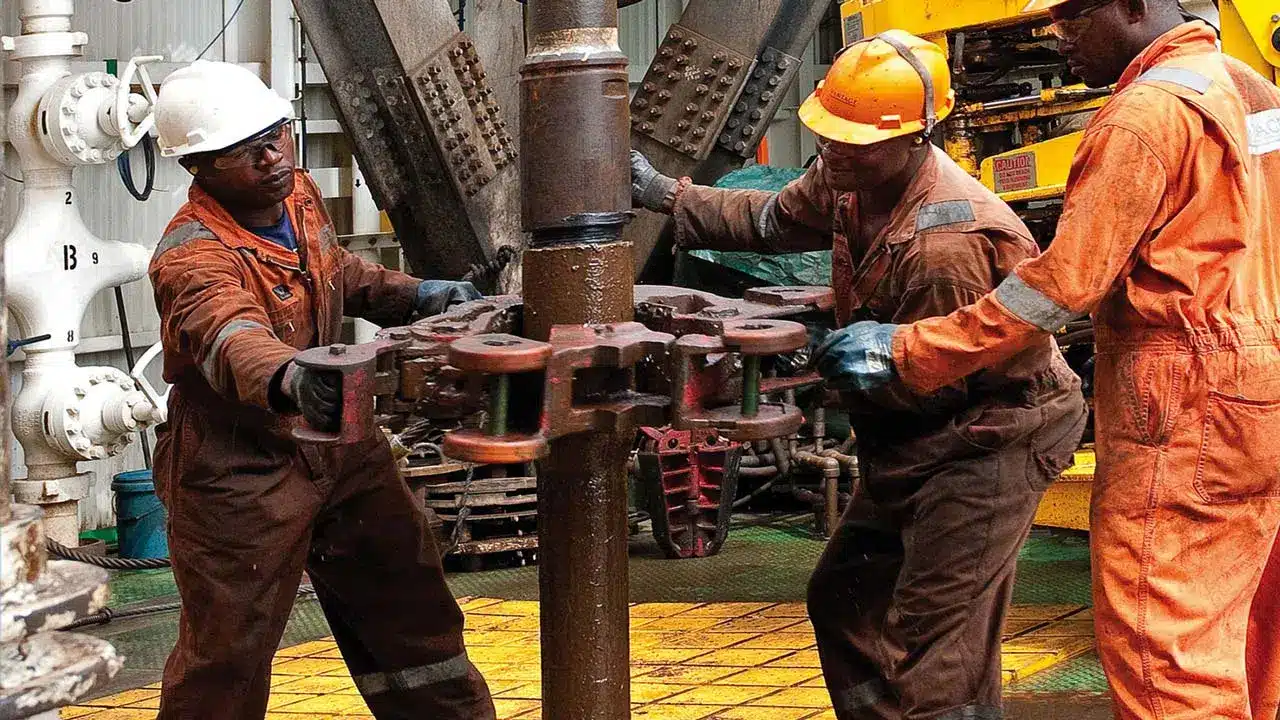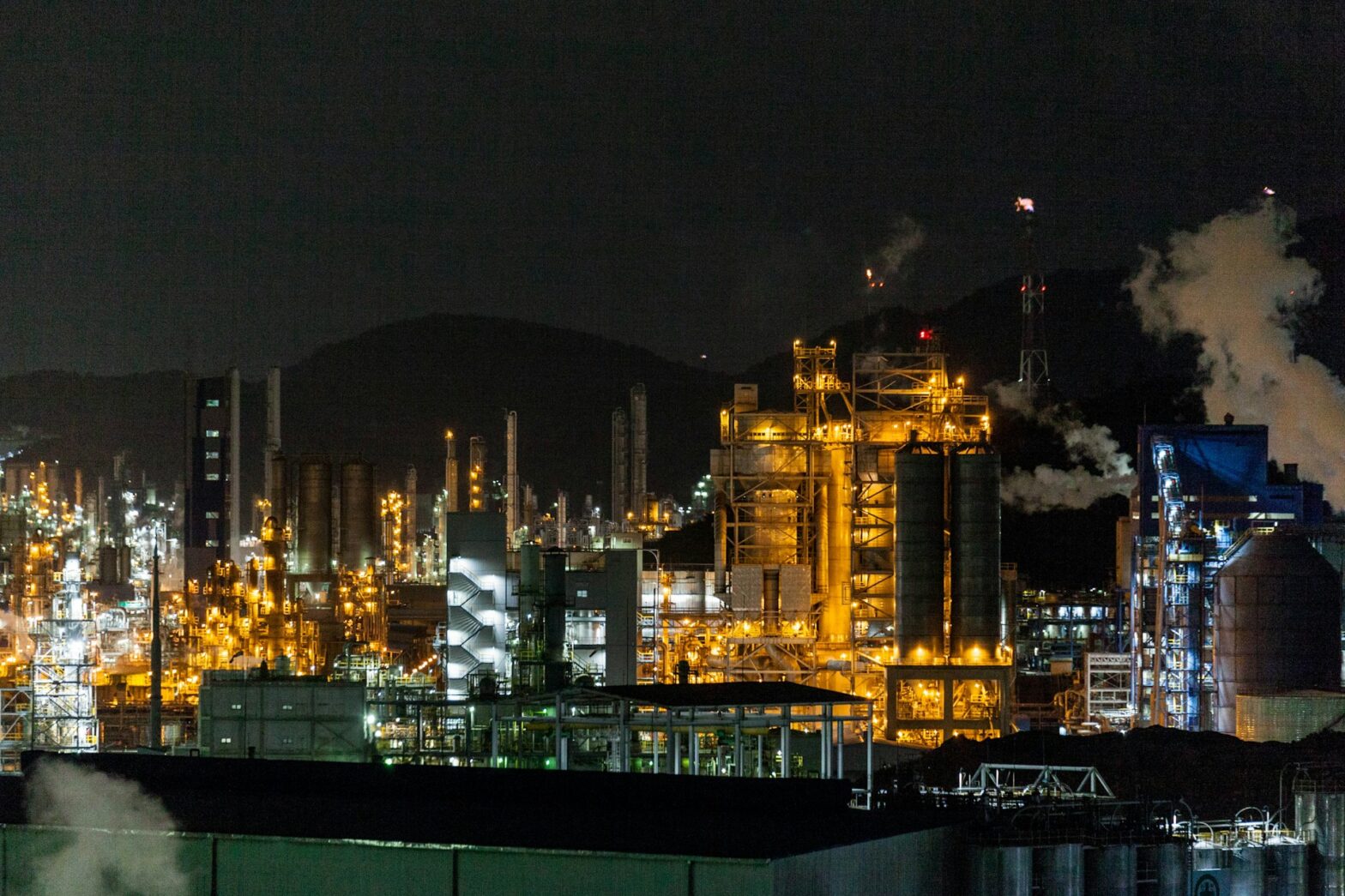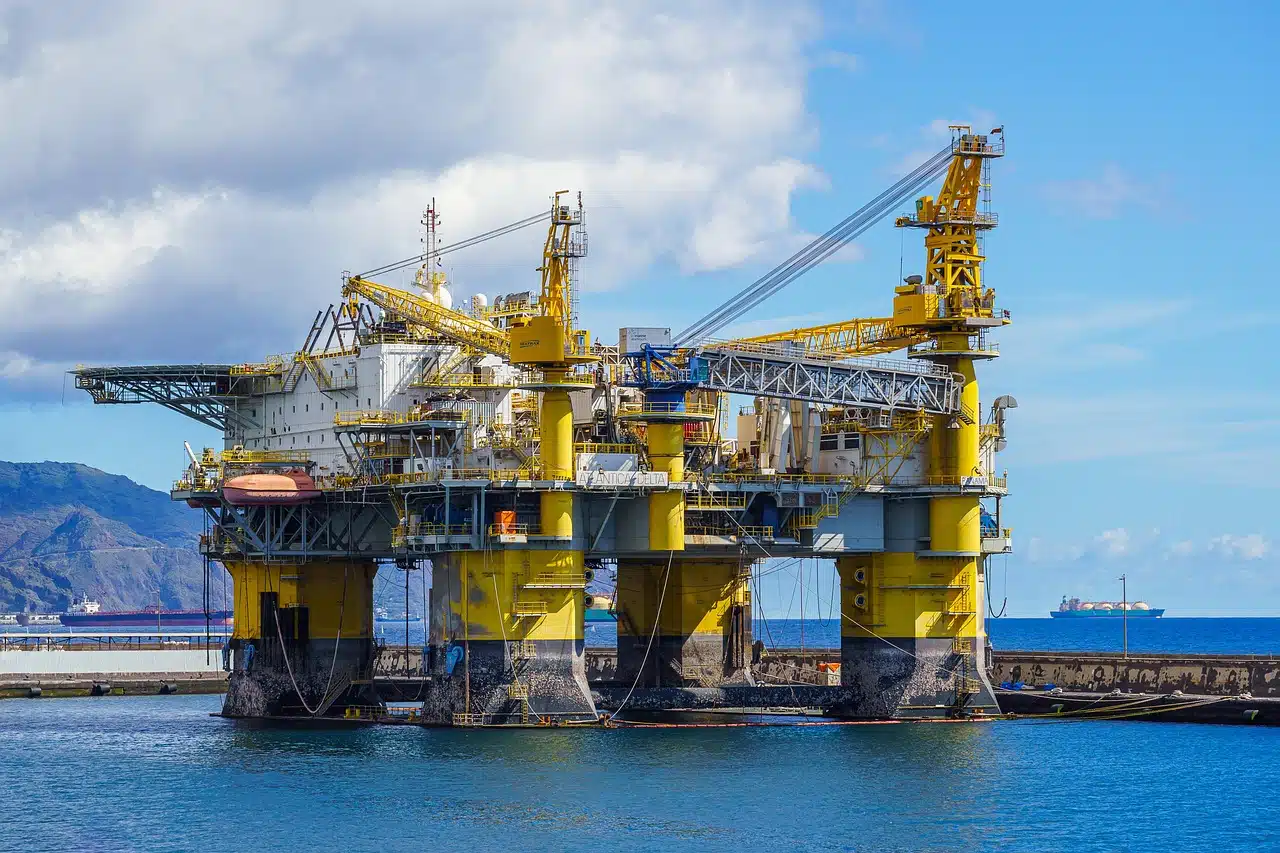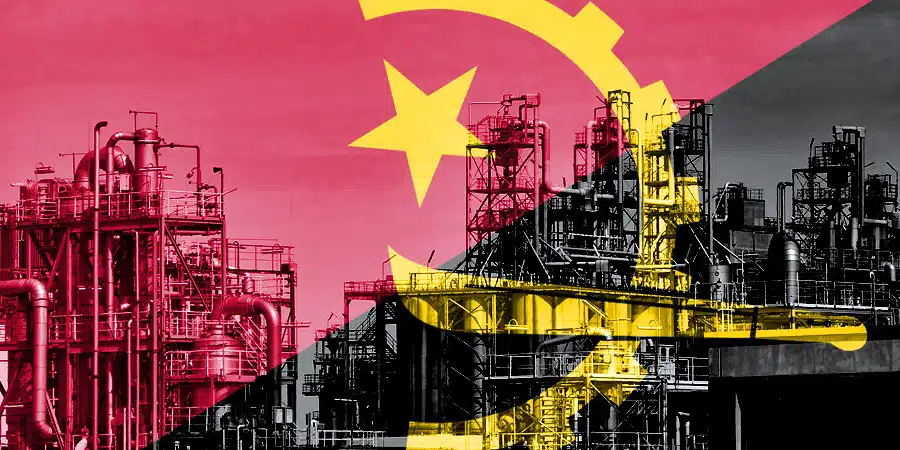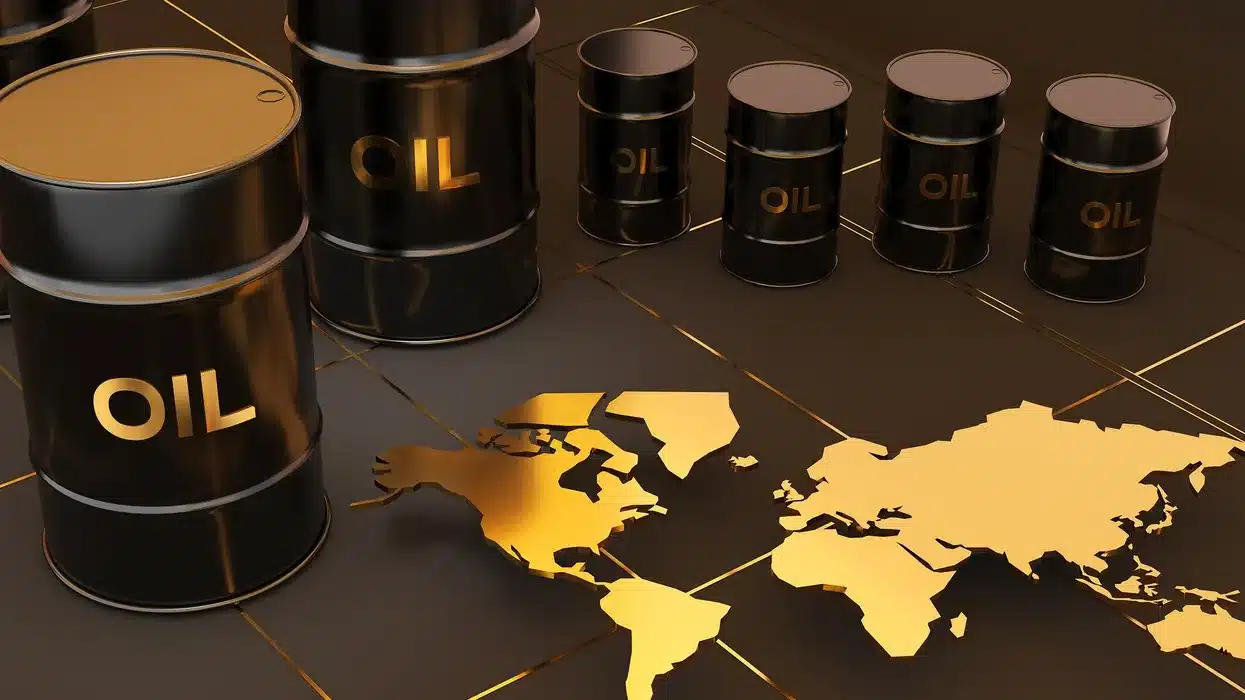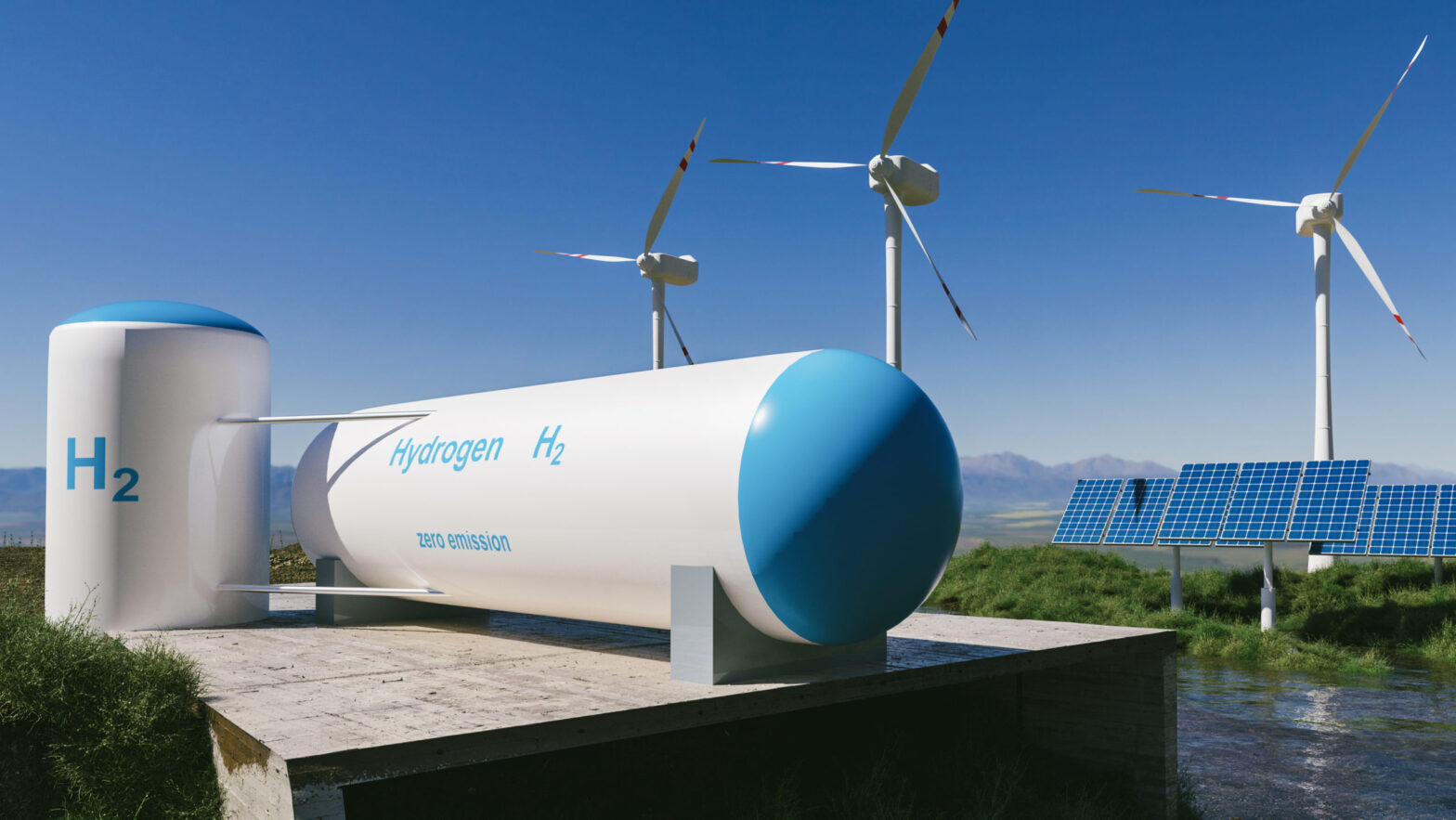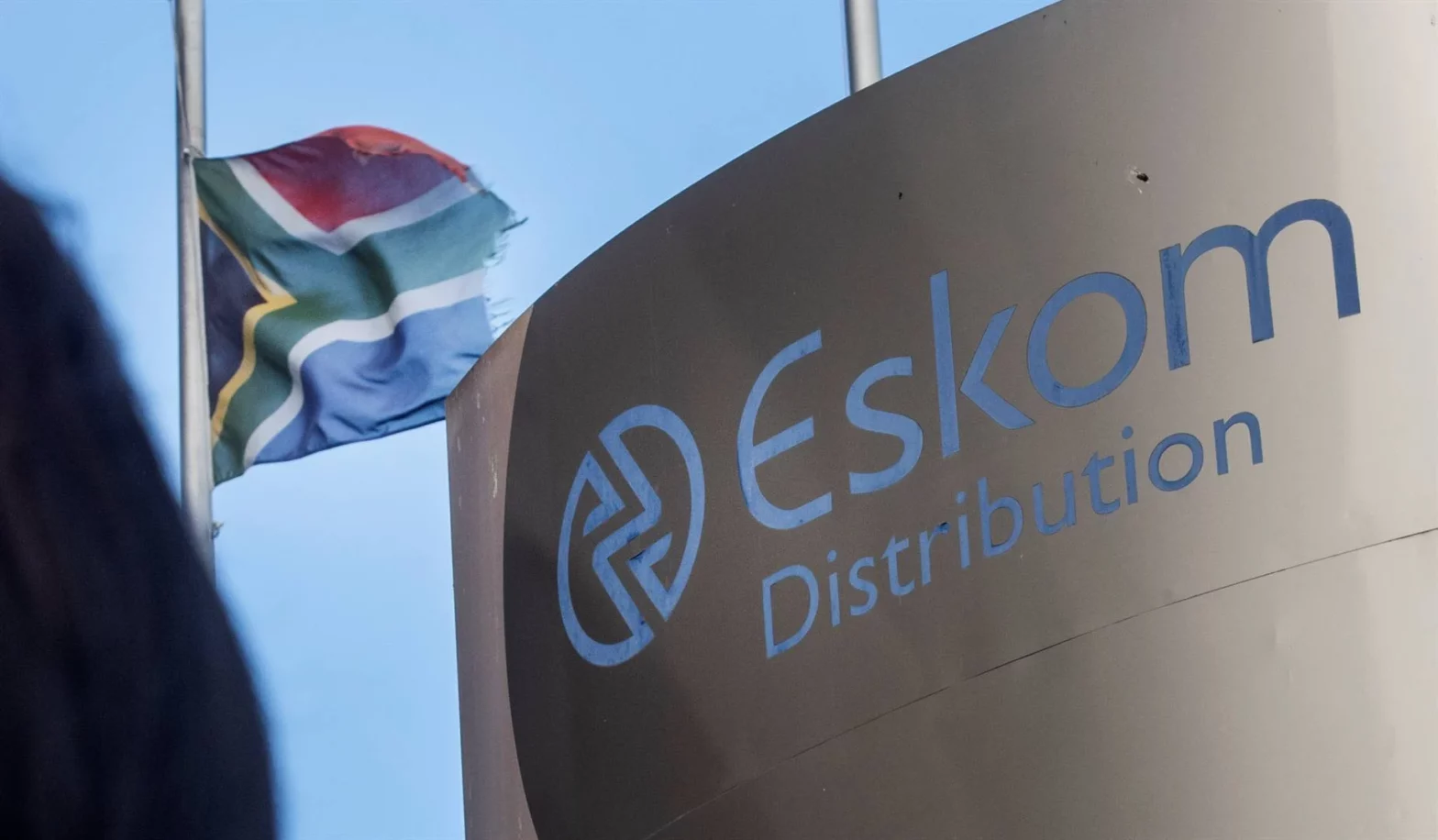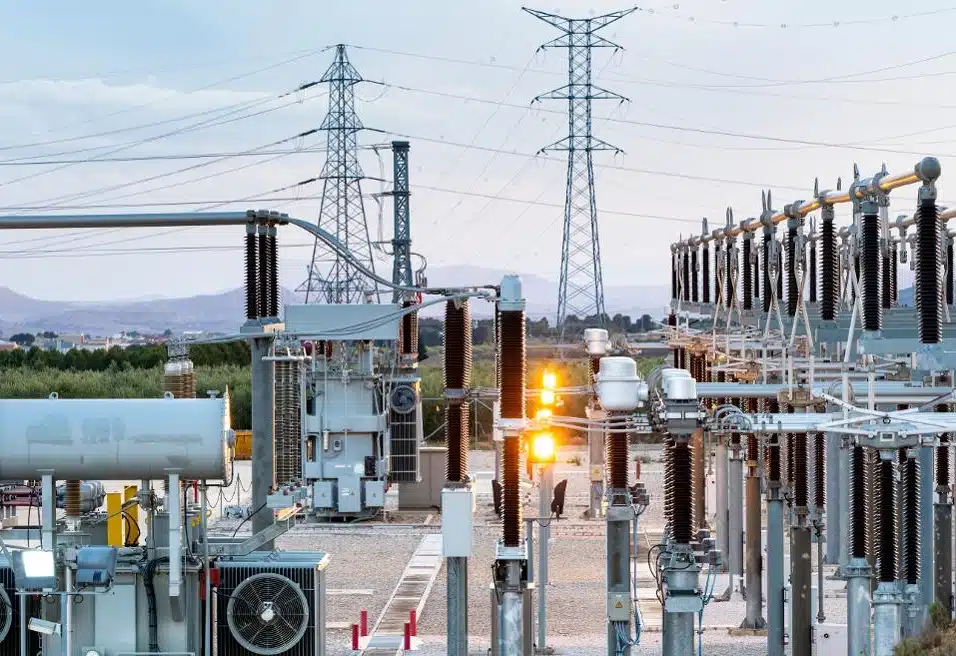The Ghanaian Parliament has passed the controversial Energy Sector Levy Amendment Bill, 2025, introducing a GHC1 (~$0.098) levy on every litre of fuel purchased by citizens.
The bill received parliamentary approval on Tuesday following a heated debate that led to a walkout by members of the Minority Caucus.
The new measure is expected to generate an additional GHC5.7 billion (~$560 million) in revenue to help reduce energy sector debt and address the country’s ongoing power supply issues.
Finance Minister Cassiel Ato Forson, who presented the amendment bill to lawmakers, stressed the urgency of the situation.
“A minimum of $3.7 billion is needed to clean up the overall energy sector’s indebtedness for us to have a clean slate. In 2025 alone, the government will require an additional $1.2 billion to procure essential fuels for thermal power generation.
“The power sector risks imminent collapse if these unsustainable debts are not resolved,” Forson warned.
He argued that the levy increase was a necessary and timely step toward tackling the significant financial challenges facing the energy sector.
However, the Minority Caucus, led by Alexander Kwamena Afenyo-Markin, accused the government of misleading the public by claiming to cancel taxes while quietly introducing new ones.
“You claimed to have cancelled the E-Levy, but now you want to reintroduce it under a different name,” Afenyo-Markin said.
In response, Majority Leader Mahama Ayariga defended the new levy, stressing its minimal impact on consumers and its importance in resolving Ghana’s long-standing power shortages, locally referred to as “dumsor.”
“This is not the E-Levy. What is before us is the Energy Sector Levy Amendment Bill. It simply asks Ghanaians to contribute GHC1 per litre of fuel to help us end ‘dumsor’” Ayariga said.
Minister Forson also highlighted the recent appreciation of the cedi against major foreign currencies such as the US dollar and the euro.
He said that the currency gain would offset much of the net impact the levy increase might have on consumers—making now the most opportune time for such a move.
Ghana currently faces an energy crisis that has contributed to mounting national debt.
In 2022, the country secured a $3 billion bailout from the International Monetary Fund (IMF), part of which involved commitments to reduce fuel subsidies.
In March, Forson warned that without reforms, the country’s energy sector could accumulate more than $9 billion in debt by 2026.
The amended bill introduces a GHC1 levy per litre on petrol and diesel, and GHC1 per kilogram on liquefied petroleum gas (LPG).
If ratified by the Finance Committee, the new levy will replace the existing rates of 20 pesewas (~$0.02) per litre for petrol and diesel, and 18 pesewas (~$0.018) per kilogram of LPG.
Ghana relies on imports for about 90% of its refined petroleum products, making its fuel market highly vulnerable to foreign exchange fluctuations and international oil price shocks.

